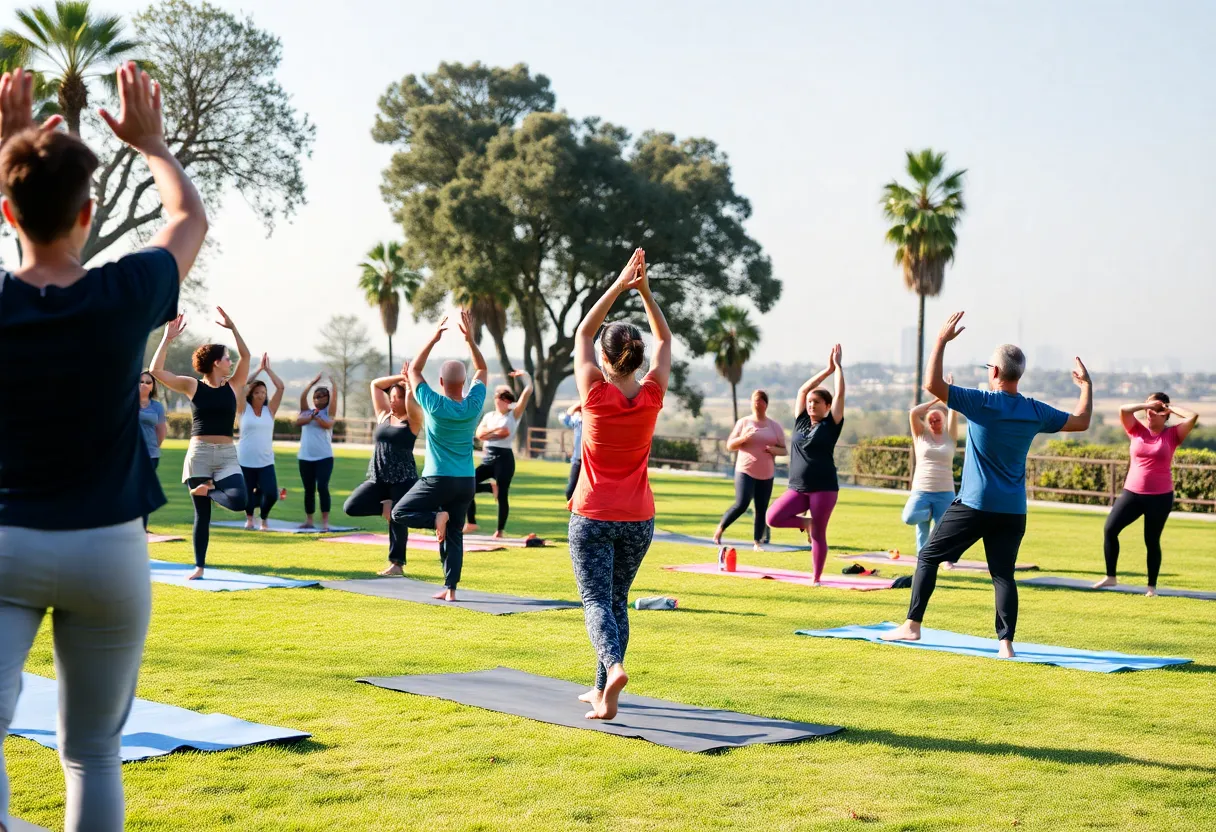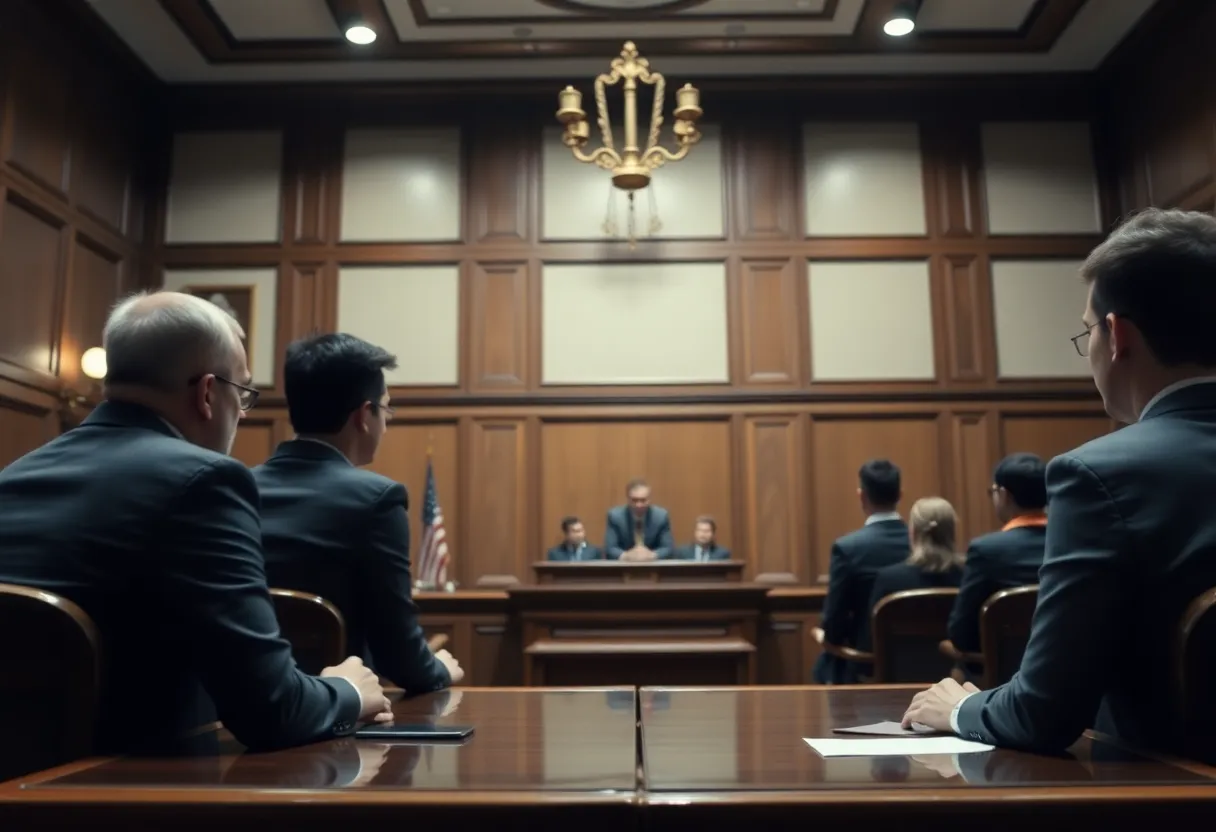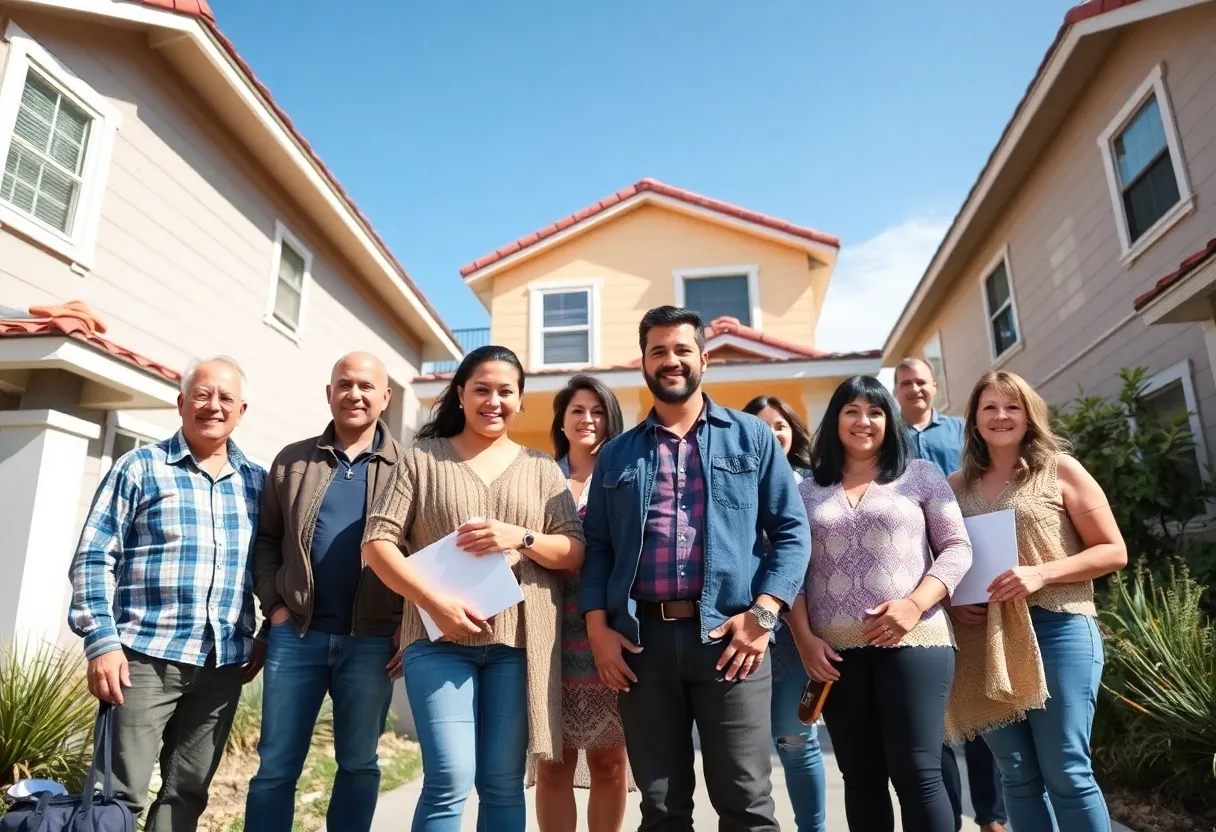News Summary
The U.S. Ninth Circuit Court of Appeals has temporarily halted San Diego’s enforcement of a ban on donation-based yoga classes in public parks and beaches. This decision allows instructors to continue offering classes while the legal battle unfolds. The instructors argued that the city’s vendor laws infringe on their First Amendment rights. The court found that yoga instruction qualifies as protected speech, and San Diego has not justified its restrictions. The case will return to district court for further evaluation.
San Diego – The U.S. Ninth Circuit Court of Appeals issued a preliminary injunction on June 5, 2025, blocking the city of San Diego from enforcing a ban on donation-based yoga classes in public parks and beaches. This ruling allows yoga instructors to continue their classes while legal proceedings remain ongoing.
The lawsuit was filed by yoga instructors Steve Hubbard, known as “NamaSteve,” and Amy Baack, who claimed that the city’s enforcement of vendor laws infringed upon their First Amendment rights. The appeals court reversed a prior ruling from a lower court that had partially dismissed the instructors’ case, stating that teaching yoga includes both speech and expressive movements related to its philosophical underpinnings, which constitutes protected speech.
Judge Holly Thomas noted that sharing specialized knowledge through yoga contributes to the communicative and expressive nature of the practice. The court scrutinized the city’s vendor ordinance, which posed content-based restrictions by permitting activities such as tai chi and Shakespeare readings, while banning yoga classes unless instructors obtained permits.
The court determined that San Diego had not shown a compelling public interest justifying the restriction on yoga classes in outdoor spaces, nor had it demonstrated how these classes threatened public safety and enjoyment. As a result, the case has reverted to a district court judge for further proceedings.
Instructors Hubbard and Baack faced stricter enforcement from the city, having previously received citations from park rangers for conducting donation-based yoga classes. Hubbard reported being cited even for live-streaming classes from his home to students located at the beach. The heightened enforcement of outdoor yoga classes began as a response to the San Diego City Council expanding permit requirements for commercial activities in public areas.
While the city maintains that these enforcement actions stemmed from community concerns regarding the use of parks and beaches for commercial endeavors, yoga instructors contend that their classes were free and merely donation-based, distinguishing their activities from what the city characterized as commercial.
Despite the current injunction, the ongoing legal dispute is likely to reveal further complexities related to the classification of yoga. The conflict revolves around whether yoga should be recognized as a service or an expressive activity protected under the First Amendment.
City officials, including Mayor Todd Gloria, have defended the enforcement policies as necessary measures to ensure public safety and accessibility in recreational spaces. The city attorney’s office is currently reviewing the court’s decision and contemplating its next steps in light of this ruling.
The implications of this case reach beyond the immediate fate of donation-based yoga classes, touching on fundamental issues of free speech, expressive activity, and the regulation of public spaces. As the litigation progresses, it may significantly influence how similar classes are conducted in San Diego and potentially in other jurisdictions across the nation.
As this legal battle unfolds, the outcome could set a precedent for how outdoor classes and unique forms of art, expression, and community engagement are regulated in public parks and beaches in San Diego and beyond.
Deeper Dive: News & Info About This Topic
HERE Resources
Federal Court Rules San Diego Yoga Ban Unconstitutional
Additional Resources
- NBC San Diego: Appeals Court San Diego Yoga Ban Unconstitutional
- Wikipedia: Freedom of Speech
- Fox5 San Diego: City Blocked from Applying Vendor Laws to Beachside Yoga Classes
- Google Search: San Diego yoga lawsuit
- La Jolla: Federal Court Rules that Beach Yoga Can Now Return to San Diego
- Google Scholar: Yoga First Amendment
- San Diego Union Tribune: San Diego’s Beach Yoga Crackdown Spawns a New Lawsuit
- Encyclopedia Britannica: Yoga
- 10 News: Second Lawsuit Filed Against City of San Diego by Local Yoga Instructors
- Google News: San Diego yoga classes








